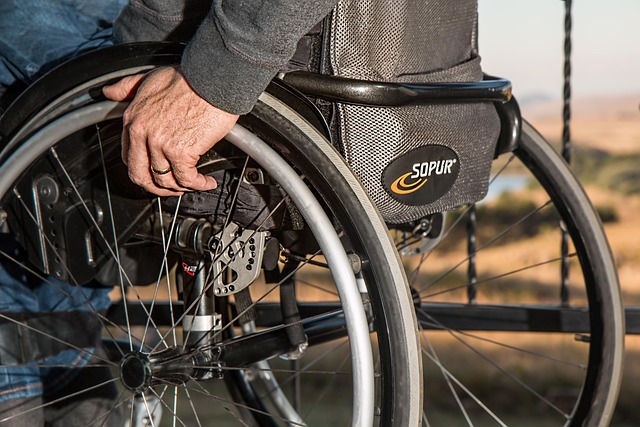When a dog bite compensation claim is denied, understand jurisdiction-specific laws, your rights, and the insurance company's reasons. To succeed, provide robust evidence like medical records, witness statements, and visual proof. Consult an experienced personal injury lawyer to navigate complexities and secure deserved compensation. Don't despair; legal action can still be effective. Gather crucial evidence and consult a specialized attorney for guidance in building a strong case.
Dealing with a denied dog bite compensation claim can be disheartening, but understanding your rights and taking proactive steps is crucial. This guide navigates the process, helping you secure the justice and compensation you deserve after a dog bite incident. We’ll walk through each step, from grasping the legalities involved to gathering compelling evidence and considering legal action. By the end, you’ll be equipped with the knowledge needed to challenge denials and receive the dog bite compensation you’re entitled to.
- Understanding Your Rights and the Denial Process
- Gathering Evidence to Challenge the Denial
- Taking Legal Action: Steps to Secure Compensation
Understanding Your Rights and the Denial Process

When a dog bite compensation claim is denied, it’s crucial to understand your rights and the process that led to the rejection. Each jurisdiction has specific laws regarding dog bite liability, so familiarizing yourself with these regulations is essential. Typically, victims have the right to seek compensation for medical expenses, pain and suffering, and other related damages if they can prove liability on the part of the dog owner or caretaker.
The denial of a dog bite compensation claim often involves a series of steps. Insurance companies may deny claims based on various factors, such as policy exclusions, lack of proof of liability, or even questionable validity of the injury. In some cases, homeowners’ insurance claims for dog bite injuries might be handled differently from other types of personal injury claims, like those resulting from truck accident injuries. Understanding these processes and being prepared to challenge denials is key to achieving a positive client recovery outcome.
Gathering Evidence to Challenge the Denial

When dealing with a denied dog bite compensation claim, gathering robust evidence is key to challenging the insurance company’s decision. This includes medical records detailing the extent of the injuries and any treatment received, as well as witness statements from those present during the incident. Photos or videos of the scene and the dog involved can also be powerful tools in supporting your case.
Additionally, reviewing your insurance policy and understanding your coverage is crucial. An experienced personal injury lawyer can help navigate these complexities, especially when dealing with an employment disputes situation where workplace pets are involved. They can ensure that all relevant policies and previous settlements or claims are taken into account, providing a comprehensive strategy to fight for the dog bite compensation you deserve.
Taking Legal Action: Steps to Secure Compensation

If your dog bite compensation claim is denied, it doesn’t automatically mean you have no recourse. Taking legal action can be a crucial step in securing the justice and compensation you deserve. Begin by gathering all relevant information: medical records detailing the injuries sustained, witness statements from those present during the incident, and any evidence related to the dog’s history or owner negligence.
Consulting with an experienced attorney who specializes in personal injury cases, especially those involving dog bites, is essential. They can help you understand your legal options and guide you through the process of filing a lawsuit against the responsible party. In some instances, it might be linked to defective products or medical negligence, requiring a thorough investigation to build a strong case for compensation.
If your dog bite compensation claim has been denied, don’t despair. Understanding your rights and gathering robust evidence are key steps to challenging this decision. By taking legal action and following the outlined steps, you can increase your chances of securing the dog bite compensation you deserve. Remember, seeking professional advice is crucial when navigating complex legal processes, especially in pursuing dog bite compensation.






